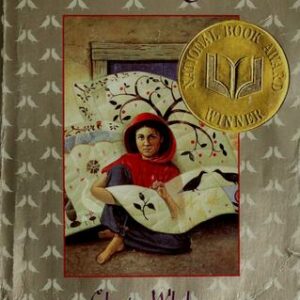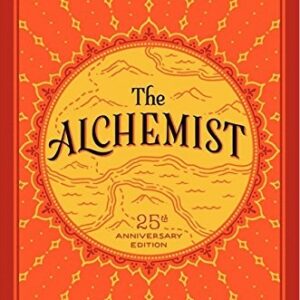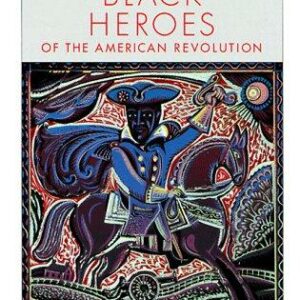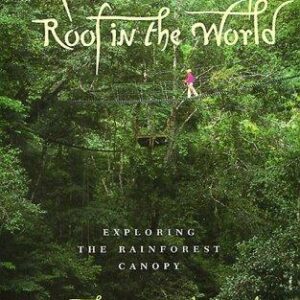Culture Work
$44.95
| Title | Range | Discount |
|---|---|---|
| Trade Discount | 5 + | 25% |
- Description
- Additional information
Description
How do culture workers construct public arts and culture projects that are effective and transformative? How do we create public humanities projects of the community, for the community, and with the community? How can culture work make a concrete difference in the quality of life for communities, and lead to the creation of a more just world? Why do the public humanities matter? Culture Work explores these questions through real-world examples of cultural and public humanities projects. The innovative case studies analyzed in the book demonstrate the vast numbers of creative possibilities in culture work today—in all their complexities, challenges, and potentialities.
Thematically arranged chapters embody the interconnected aspects of culture work, from amplifying local voices to galvanizing community from within, from preservation of cultural knowledge to its creative repurposing for a desired future. These inventive projects provide concrete examples and accessible theory grounded in practice, encourage readers to embark on their own public culture work, and create new forward-looking inspiration for community leaders and scholars in the field. The work folklorists do on the ground and in communities can make a concrete difference in quality of life. While the field is not immune to extractive, racist, colonial, heteronormative, and misogynistic practices, it can counter and combat these same forces in society. Culture Work presents case studies of public-oriented work that define the Wisconsin Idea of folklore in all its complexities, challenges, and potentialities. Thematically arranged chapters represent interconnected aspects of culture work, from amplifying local voices to galvanizing community from within to reflecting on how we might use folklore to build the world we want to live in. “A timely and much-needed resource for those inside and outside academia, Culture Work provides a powerful overview of the value of public folklore and humanities across private and institutional sectors while raising issues associated with cultural work in a politically and socially stratified country.”—Lisa Gilman, George Mason University Tim Frandy is an assistant professor of folk studies at Western Kentucky University and the editor and translator of Inari Sámi Folklore: Stories from Aanaar.
B. Marcus Cederström is the community curator of Nordic-American folklore in the department of German, Nordic, and Slavic at the University of Wisconsin–Madison. He is the coeditor and translator, with Thomas A. DuBois, of Songs of the Finnish Migration: A Bilingual Anthology. Contents
Acknowledgments
IntroductionTim Frandy and B. Marcus Cederström
Public Folklore, Cultural Equity, and the Wisconsin Idea of Folklore From a Potato Hole, Part 2: Collaboration, Repatriation, and Cultural Equity
Beyond Preservation and Conservation Securing a Future for the Nation’s Folklore Documentation Heyday
Amplifying Local Voices Songs of the Finnish Migration: Amplification and Revitalization
Creating Community Stacking Brooms: Curling Camaraderie and Folklore in a Time of Transition
Engaging with the Past “The Wisconsin Historical Society Gave Me Your Name”: Doing Out-(and In-)reach on Campus, in Wisconsin, and Beyond
Creating the Future Out of the Past “I Need to Make a Dollar”: On the Road with Working-Class Protest Songs
Works Cited
Contributors
Index
Additional information
| Dimensions | 1 × 7 × 10 in |
|---|









